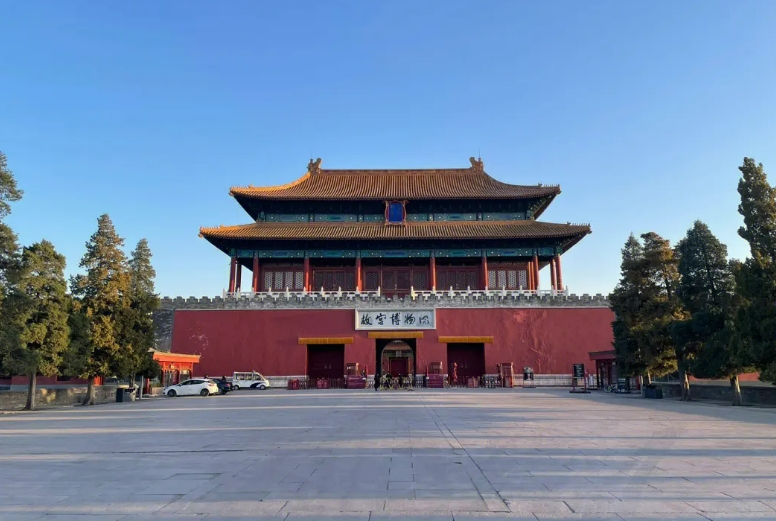
Here's a sample article about the Palacio de Bellas Artes in Mexico City, expanded according to your instructions:
A Symphony of Art and Architecture: Exploring Mexico City's Palacio de Bellas Artes
The Palacio de Bellas Artes, or Palace of Fine Arts, is more than just a building – it's a cultural beacon, an architectural marvel, and a testament to Mexico's artistic soul. Nestled in the heart of Mexico City, it beckons visitors with its grandeur and promises an unforgettable journey through Mexican art and history.
Architectural Opulence:
From the moment you approach the Palacio, its sheer magnificence commands attention. The building itself is a majestic blend of architectural styles, primarily showcasing a breathtaking neoclassical and Art Deco fusion.
- Exterior: The exterior, clad in gleaming white Carrara marble, is adorned with intricate carvings, sculptures, and reliefs. Look closely to discover mythical creatures, allegorical figures, and symbols of Mexican identity.
- Central Dome: The crowning glory is undoubtedly the massive central dome, covered in vibrant yellow and orange tiles. Inspired by traditional Mexican Talavera pottery, this dome adds a distinctly Mexican flair to the structure.
Stepping Inside: A World of Art Unfolds:
The opulent theme continues as you step inside. Prepare to be awestruck by the:
- Grand Staircase: Ascend the sweeping marble staircase, its every detail imbued with elegance, leading you to the upper levels where the artistic treasures await.
- Tiffany Glass Curtain: One of the most striking features is the stunning stained-glass curtain within the main theater. Created by the renowned Tiffany Studios in New York, this masterpiece depicts a scene of the Valley of Mexico bathed in the golden hues of a setting sun.
Diego Rivera: Murals that Speak Volumes:
No visit to the Palacio de Bellas Artes is complete without experiencing the power of Diego Rivera's murals. These monumental works of art, painted directly onto the palace walls, offer a glimpse into Mexico's history, struggles, and triumphs.
- "Man at the Crossroads": Originally commissioned for New York City's Rockefeller Center, this controversial mural found its home in the Palacio. It depicts the struggle between capitalism and socialism, showcasing Rivera's strong political beliefs.
- Other Mural Masterpieces: Explore further to discover other captivating Rivera murals, including "Carnival in Huechla," "Man, Controller of the Universe," and "Mexico Today and Tomorrow." Each mural is a visual narrative, inviting you to delve into Mexico's complex social and political landscape through Rivera's eyes.
Beyond the Murals: A Cultural Hub:
The Palacio de Bellas Artes is much more than just a museum. It's a vibrant cultural center, hosting:
- World-Class Performances: The main theater, with its exquisite acoustics and opulent ambiance, is renowned for hosting prestigious performances by the National Symphony Orchestra, the Ballet Folklórico de México, and internationally acclaimed artists.
- Art Exhibitions: Throughout the year, the palace galleries showcase a rotating selection of exhibitions featuring painting, sculpture, photography, and more, providing a platform for both established and emerging Mexican artists.
A Timeless Treasure:
The Palacio de Bellas Artes stands as a symbol of Mexico City's cultural richness. Whether you are captivated by its architectural grandeur, moved by the powerful murals of Diego Rivera, or enchanted by a world-class performance, a visit to this iconic landmark is an experience that will stay with you long after you leave.
Q&A:
- Q: Are photographs allowed inside the Palacio de Bellas Artes?
- A: While photography is generally permitted in the public areas, restrictions may apply in certain exhibition halls. It is always best to check with the staff for specific guidelines.
- Q: What is the best time to visit the Palacio de Bellas Artes to avoid crowds?
- A: Weekday mornings are typically less crowded than afternoons and weekends.
- Q: Are guided tours available at the Palacio de Bellas Artes?
- A: Yes, guided tours are available in both English and Spanish, offering valuable insights into the palace's history, architecture, and art collections.
note: This return of all, without the author's permission, may not be reproduced